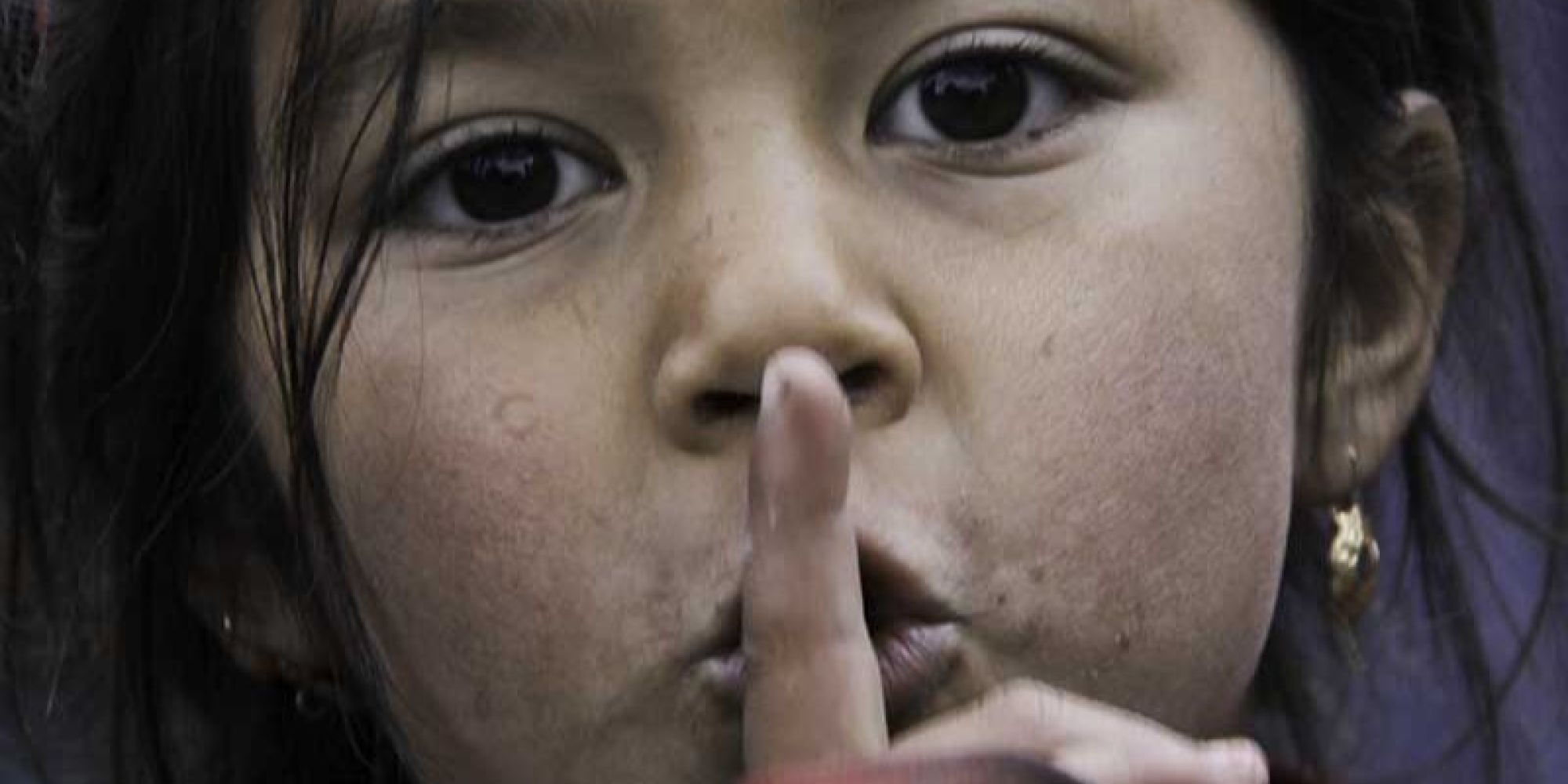
PRESS RELEASE – A slap in the face to dialogue
Faced with the abominable recent law of the Taliban issued by the Ministry for the Promotion of Virtue and Prevention of Vice against women, their freedom and their very existence, the international community has rushed to express its total condemnation and to ask for its repeal.
In reality, the law does not affirm anything new compared to what had already been decided and applied by the Taliban “justice” in these three years of its absolute dominion. Women were already not allowed to attend school after the age of 12, work outside the home except in rare cases, go out alone without the accompaniment of a family member, be seen without the jahab, frequent public parks, bathrooms, beauty salons, gyms not even if reserved for them.
Now the ban for women to make their voices heard in public, to sing, recite, read aloud has also been clearly sentenced, as the last sign of the will to completely erase women as human beings.
The Taliban have gone so far as to affirm with a written law and with national validity their interpretation of the Sharia, which they consider the basis of the “divine mandate” of their government and which they intend to propagate as the correct interpretation of the Muslim religion.
It is clearly a sign of strength, what they want to show to the world even before their subjects.
But why, despite all the declarations of condemnation of their policy towards women by practically all the states of the international community and a large part of the Muslim world, have the Taliban had the courage and the nerve to promulgate such a strong law, slapping all the international institutions and the sanctions promulgated against them?
In these three years many Governments and States, not only those close to them in the Region but also Western donor countries, have made ever greater openings towards the de facto recognition of the Taliban government, up to the 3rd Doha Conference organized by the UN itself explicitly to bring the Taliban closer to the international community, accepting, in the name of their rapprochement, not to talk about women and human rights precisely to demonstrate to the Taliban their good will to dialogue with them, in the hope that they would then give something in return. Enough with the iron fist that has isolated the Taliban and made them more “evil” – they said – let’s forget about human rights and move forward with the dialogue on less controversial topics, let’s show how “good” we and our democratic system are, so they will understand…
But on the third anniversary of their seizure of power, the Taliban have shown with this law not only that they have no intention of making openings on human rights for anyone, but have even consolidated their beliefs and repressive grip on women and the entire population, showing that the rules applied so far locally and with personal arbitrariness by the various Taliban officials and local governors did not represent simple abuses or exaggerated interpretations of the sahria but instead what is and will continue to be the inspiring thought of their governance.
Will this further official position be enough to convince the UN, the States and the international institutions that it is useless to hope for a repentance and a change in their ideology but that instead the Taliban should be treated as the criminals that they are and forced to their responsibilities, reporting them to the national and international justice bodies?
This is what the Afghan women who resist inside and outside the country and all the institutions and organizations that work for human rights are asking for.
This is also what CISDA is asking for.
